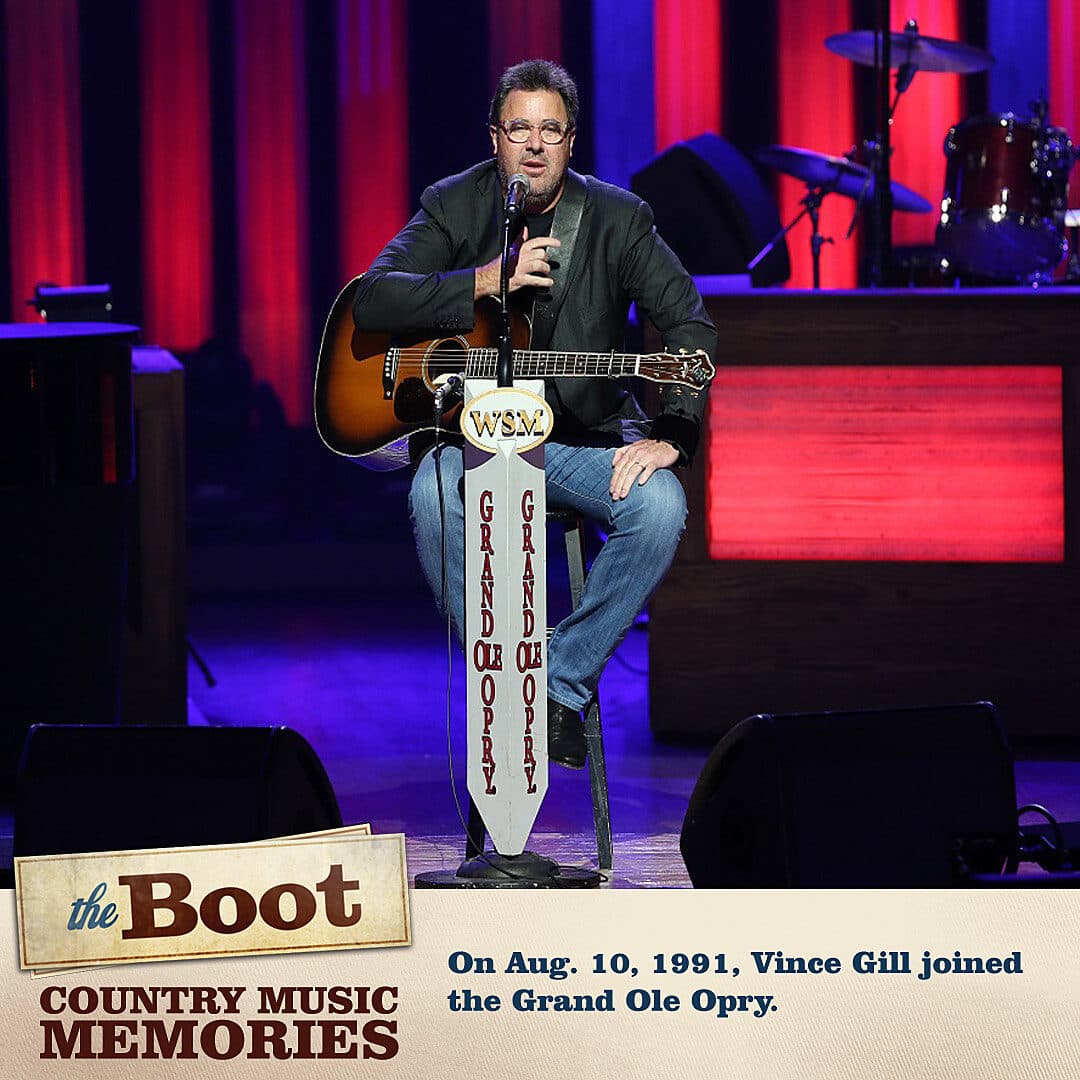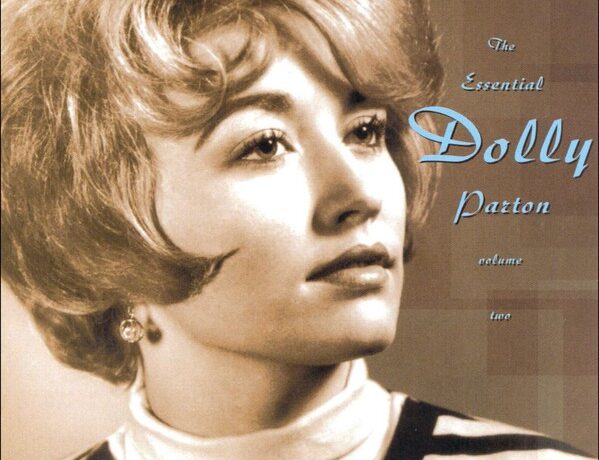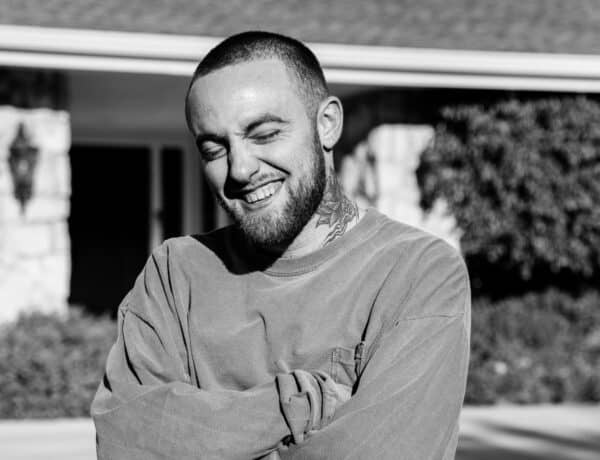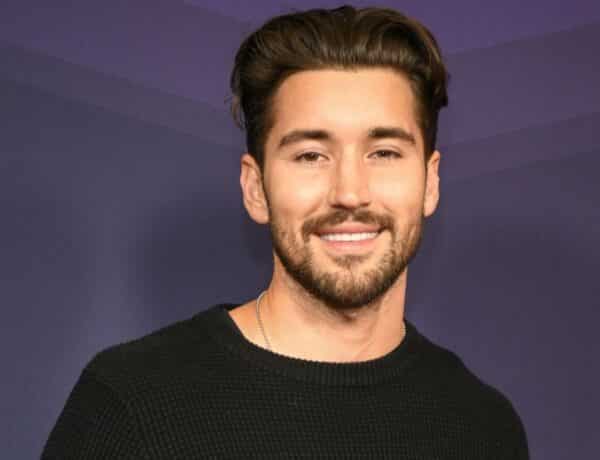Vince Gilligan’s TV Show, The Sopranos
Vince Gilligan, who wrote the television series Community, had an unlikely career ahead of him. Born and raised in Boston, Gilligan attended Harvard before going on to work for several years in Washington, D.C. as an aide to two U.S. attorneys general before landing a position in sitcoms. He started writing screenplays while in college, but it wasn’t until his career in movies that he really began to see success. He went on to write the scripts for several movies that flopped at the box office, including Dances With Killers and The Cable Guy. While he didn’t direct any of his films, he did oversee the production of the movie version of Meet the Parents, and he worked as a producer on the second sequel to The Cable Guy.

Once he became successful with his filmography, however, he began to consider a move into television, which was something he’d always wanted to do. He took an acting course at the University of Southern California in Los Angeles, and his coursework was focused on film studies. When he graduated in 1976, he decided that he wanted to get into directing, and he pursued the same degree that had been awarded to him in college. But instead of going to film school or trying to break into Hollywood, he signed on to produce Community and wrote for it while he was earning his degree.
When Gilligan got out of the classroom and into the world of television, he found a new career: a political consultant. He had clerked for several politicians in his time as a writer and was a field organizer for the American Indian Rights Union in New York City. He also worked for the conservative National Citizens Union and helped compile the Compact for Living in America, which called for income and wealth fairness.
He continued working on political consultant shows for several years, which coincided with the first season of his popular TV show, The Grey’s Anatomy. It was at this point that Gilligan really began to establish himself as one of the more credible political consultants in TV today. He produced a number of successful campaigns for president and was even named one of Time Magazine’s “rities” for his efforts in his bid to become President Obama’s running mate. Now, as a showrunner and executive producer, he’s back on TV, working on another of his very popular programs.
Much of what makes the show so appealing is its ensemble of well-respected and capable characters. These are the people who run the political and medical offices Gilligan works with on the show. Also featured are some of America’s best-known politicians and celebrities, as well as some lesser-known politicians from other countries. This mixture of characters and political representation gives the show a lot of diversity. For example, there is the human-interest angle covering the political wrangling between two Capitol Hill staffers, Sarah Palin and John McCain.
The story line for the show is interesting enough to allow the viewer to identify with the various characters, but at the same time, it provides the necessary political context for the characters to make sense of the events that unfold. This is also a way that the show gets to explore some of the more serious topics, like the issues of infertility, and the nature of medicine in the twenty-first century. The show has been praised for exploring these topics in an accurate manner and even featured an episode dedicated to the possible causes of autism. This issue is currently being researched.
However, perhaps one of the most popular elements of the show is the relationship between Senator John McCain and Vince Gilligan. It is interesting to see how a man who has come from behind to defeat an incumbent with decades of political experience comes to rely upon a certain woman to help win elections. Also interesting to note is the fact that many of the characters on the show have close ties to political power in Washington D.C. These ties build not only political but personal friendship over the course of the show.
All in all, this popular series has proven that it is possible to draw in an audience that is interested in critical analysis, historical research, and social commentary. Even if they do not agree with the story line or the opinions presented, they at least understand that these are serious subjects being discussed, and that it is important to have strong viewpoints held in public debate. The show offers its audience the chance to ask questions and make suggestions. In that sense, it acts as a catalyst for a much larger conversation about pressing problems in our society today.




No Comments